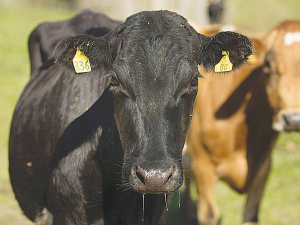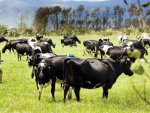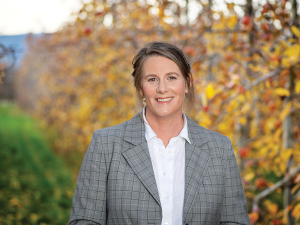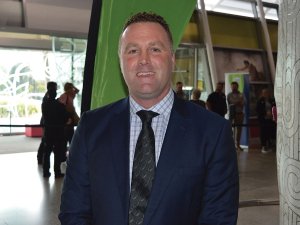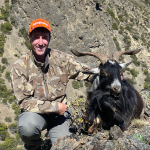In the aftermath of Cyclone Gabrielle, OSPRI says it is taking a pragmatic approach to TB testing in the Hawke’s Bay Movement Control Area (MCA).
OSPRI’s disease management general manager Danny Templeman, says safety for both people and animals is the primary concern.
“We know either due to the ongoing impact to feed levels, damage to on-farm infrastructure or general traditional animal movements like calf sales, animals need to move,” Templeman says.
“So, over the next few months, if the usual pre-movement testing cannot be completed, farmers in the Hawke’s Bay MCA have the option of requesting an exemption to pre-movement testing.”
Templeman says once an exemption is gained, the animals can then move legally under an official permit and OSPRI will schedule post-movement testing at the animal’s new location.
Permits can be requested by phoning 0800 482 463.
“Farmers are also requesting pre-movement testing, and we commend them for their commitment to disease management in this incredibly difficult time,” says Templeman. “We continue to provide solutions for farmers to do pre-movement testing, but safety is our first concern at this stage.”
Post-movement testing is the alternate option in cases where it is not safe or possible to do pre-movement testing.
OSPRI says it is continuing to advise farmers that if they are receiving animals requiring post-movement testing, the best biosecurity and business practice is to keep animals separate until testing is completed.
As part of the exemption process, OSPRI will notify the receiving farmer of the post-movement testing requirements.
"To be clear we are talking about herds that do not have cases of TB but are in a Movement Control Area,” Templeman says. “We are not talking about our case managed animals or infected herds. They continue to be managed on a case-by-case basis by our veterinarians and we work directly with those farmers."
OSPRI says it is also instigating temporary policy changes to the routine TB testing regime in cyclone-affected areas of Hawke’s Bay, Gisborne, Northland, and the Coromandel that are not in the MCA.
For farmers who are able and wanting to complete their routine testing, that can be completed assuming it is safe for both animals and people, and the property is accessible.
"Given the significant damage to properties and infrastructure OSPRI will not be requesting or enforcing any routine TB testing which is currently outstanding or becomes due within the next few months," says Templeman.

